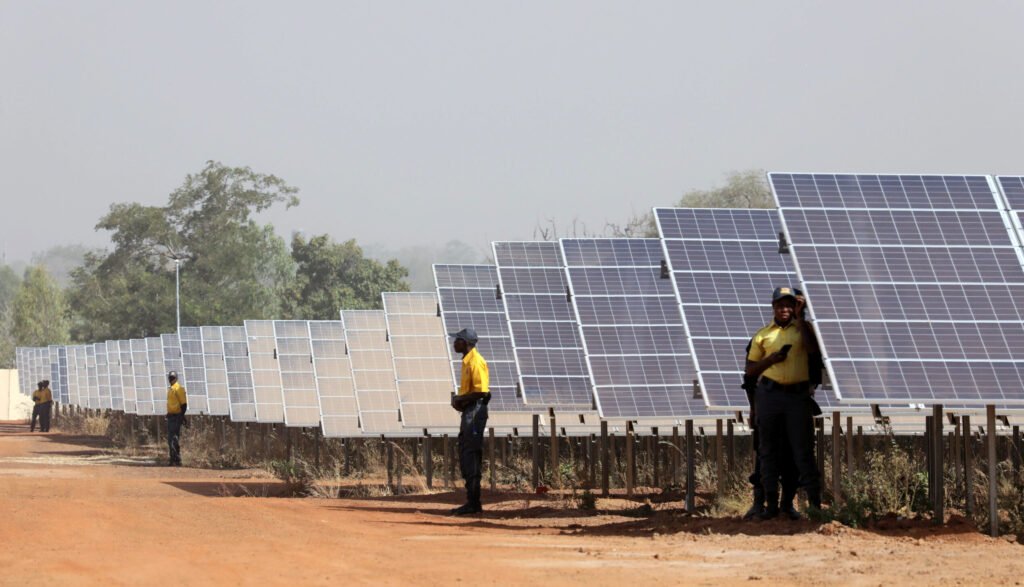Power Africa-backed solar power home solutions provider, Lumos, will penetrate new uncharted markets outside Nigeria and Cote d’ivoire, where it currently has substantial presence, the alternative energy firm said Monday.
“We will expand next year. Expansion has always been part of the plan,” Alistair Gordon, its chief executive told The Africa Report, not mentioning the markets his firm has in its sights.
Lumos power-generating gadgets enable solar energy to be stored to run simple home appliances; air conditioners and fridges remain ambitions for now.
Lumos is in receipt of a grant from the Rural Electrification Agency to make kits for 1 million users in Nigeria by 2025.
The company has an aspiration to broaden its synergy with MTN and desires to sign a new telco partner for expansion in Nigeria.
The embrace of solar solutions in Nigeria is behind that of East Africa, constrained by dearth of mobile money services, the Lumos head said. “There was no mobile money in Nigeria,” when Lumos entered the market.
“There must be a payment mechanism that everyone has in their pocket” for economic growth to be vertical.
Also Read: Benin Disco to Implement Service-Based Tariff
The per capita energy use in Nigeria, Africa’s largest population with around 200 million people, is just 3.5% of the level in South Africa, according to the World Bank.
But grid penetration is comparatively in a good position at about six tenths of the population even though a majority of grid power users get no power at all from the system, Gordon said.
The number of Nigerian solar energy users is pretty low, so there is enormous potential yet for significant penetration. According to Gordon, adoption of solar power products is “driven by word of mouth.”
Prior to the coronavirus outbreak, households and businesses in Nigeria were spending an estimated $12 billion on generators every year. The pandemic has boosted the demand for power, hence the significance of solar power
Nigerians are spending more time at home and consequently require more power However, disposable income has not grown sufficiently to pay fully for the demand.
